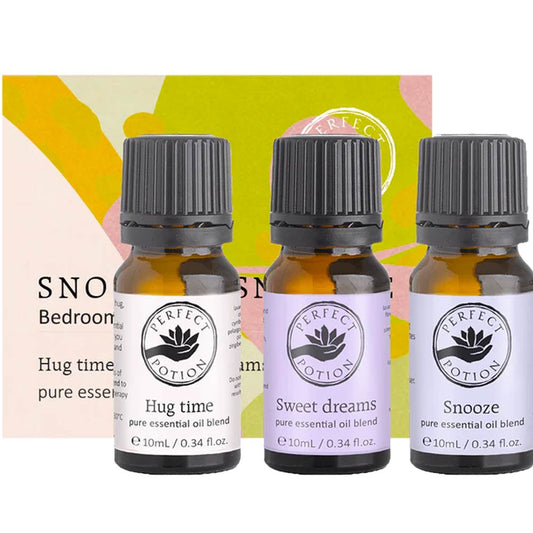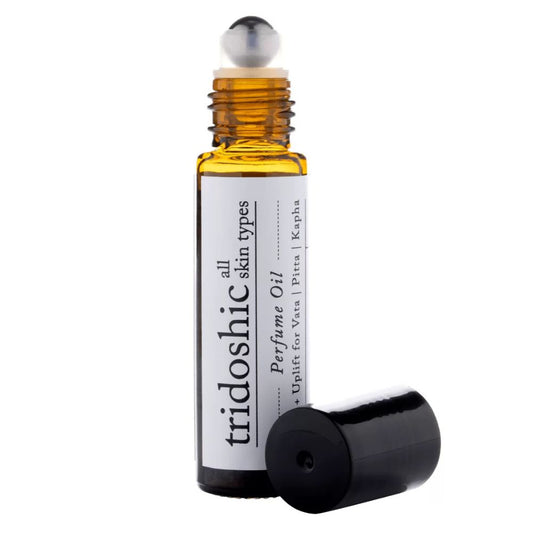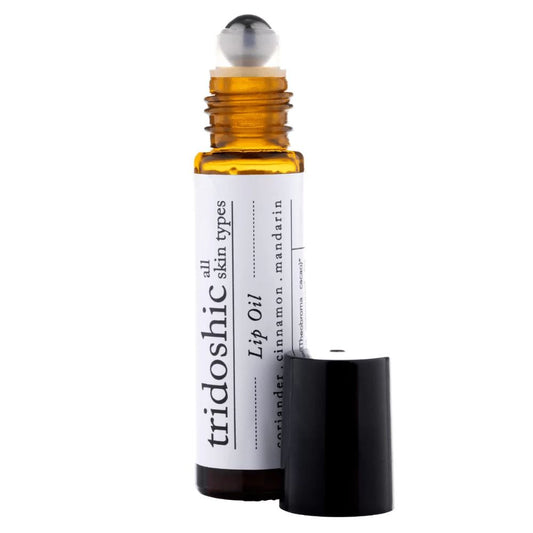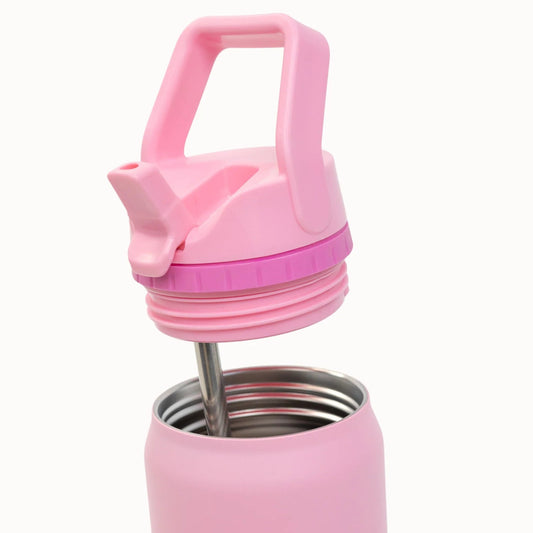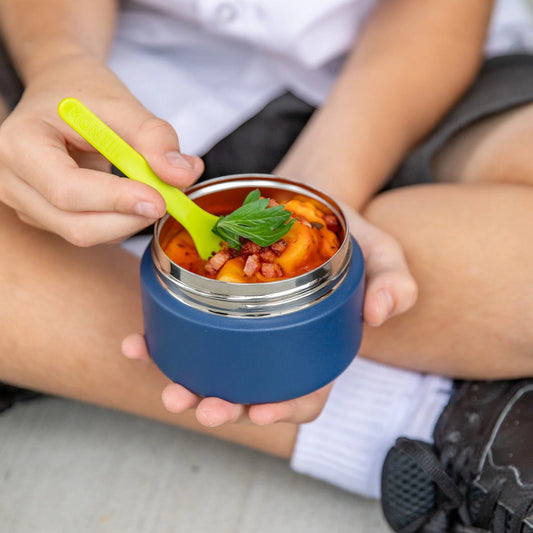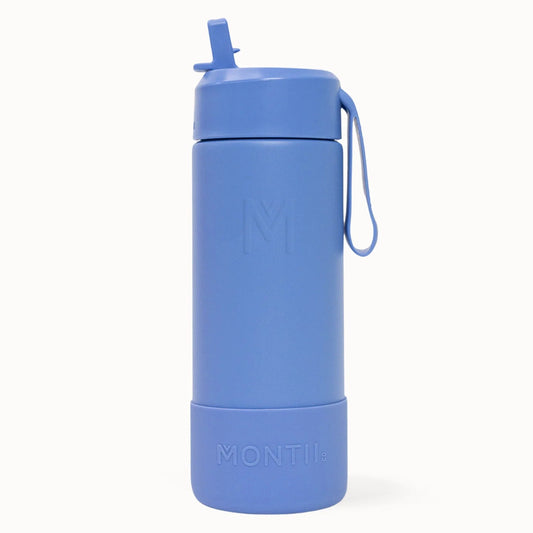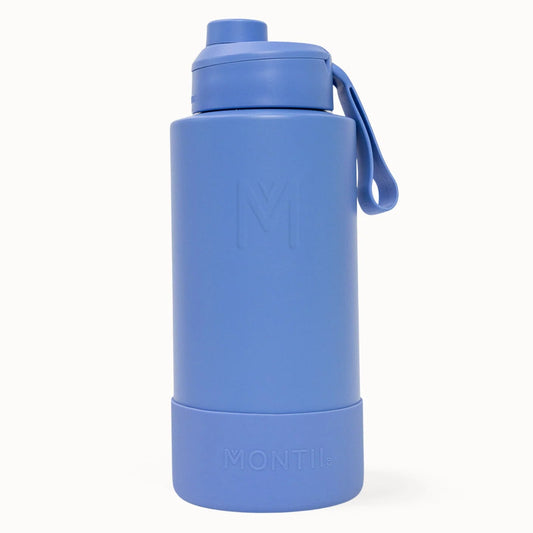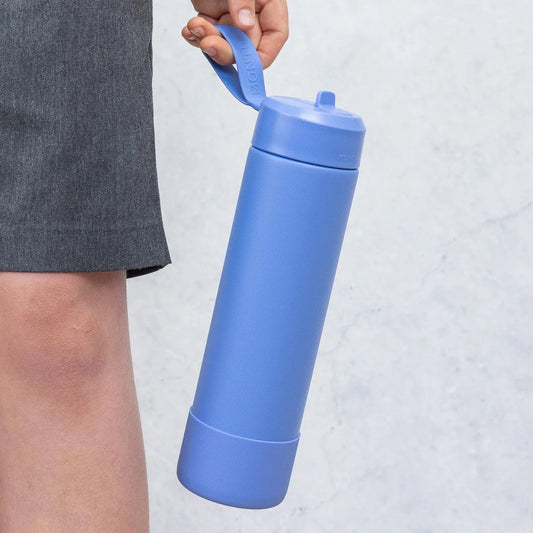First published in May 2018. Last updated August 2025 to include new information.
In a nutshell
- Sleep deprivation can harm your heart, mood, memory, and immunity.
- Natural sleep aids can calm your mind and prepare your body for rest without harsh chemicals.
- Herbal teas, aromatherapy, magnesium baths, and breathable bedding are all effective options.
- Small changes to your bedtime routine can have a big impact on how fast you fall asleep and how well you stay asleep.
- Choose planet-friendly, chemical-free products for a healthier sleep environment and a lighter environmental footprint.
In this busy, stressed-out world, falling asleep is not always easy. Technology is constantly at our fingertips and often in the bedroom too. Many people face anxiety from information overload, work deadlines, mortgage stress, or worrying about loved ones. Add less time for relaxation and exercise, and it’s harder to switch our minds off and drift to sleep.
Happily, Biome has many natural sleep aids to help you rest more easily. Here’s a guide to healthy, planet-friendly ways to enjoy a better night’s sleep.
Why sleep matters
Sleep deprivation can cause a cascade of health problems, including:
- Mental health issues
- Obesity
- Cognitive decline
- Heart attack or heart disease
- Irregular heartbeat or high blood pressure
- Stroke or diabetes
- Reduced libido
- Premature ageing
- Accidents at work or on the road
The landmark Whitehall II study in Britain found that people who cut their sleep from 7 to 5 hours or fewer nearly doubled their risk of death from all causes — and from cardiovascular disease in particular. All the more reason to look at your sleep habits and create a restful routine!
1. Drink herbal tea formulated to help you relax and sleep
Which herbal teas are best for sleep, and how do they work?
Herbal teas have been used for centuries as a natural way to calm the mind and prepare the body for rest. Calming blends may include passionflower, valerian root, chamomile, spearmint and lavender.
Beyond the herbs themselves, there’s the simple ritual — stopping, sitting, and sipping slowly, which invites mindfulness and relaxation.
2. Rub a sleep balm on pulse points
Can aromatherapy balms help you fall asleep faster?
Aromatherapeutic balms are designed to be applied to pulse points, where warmth helps the soothing ingredients release their scent and absorb into the skin.
Look for a sleep balm made with natural waxes and oils blended with essential oils like lavender, bergamot, or cedarwood — all known for their calming properties.
3. Use an essential oil blend to help relax
What essential oils are best for relaxation and sleep?
Essential oil blends for sleep can be diffused, added to bath water, or applied with a carrier oil to the skin. Oils like lavender, Roman chamomile, and sweet orange can help promote deep relaxation and prepare your body for sleep.
Dried lavender flowers can be used similarly — placed in bowls or jars by the bed to infuse the room with a gentle, soothing aroma.
4. Choose breathable, organic bedding and sleepwear
Can your sheets and pyjamas affect your sleep quality?
The fabrics you sleep in can affect temperature regulation, comfort, and even skin health. Natural fibres like hemp or organic cotton are breathable and free from the toxic finishes often used on mass-produced bedding and pyjamas, such as formaldehyde and petrochemicals. These are added to make them wrinkle-free. The same goes for pyjamas coated in fire retardants. Nowadays we have more choice.
The better choices for a restful sleep are hemp or organic cotton sheets and organic cotton pyjamas.
Choosing fabrics without synthetic dyes and coatings means your skin can rest without irritation — and you can sleep soundly knowing you’ve made a planet-friendly choice.
5. Soak in a magnesium salt bath
What does magnesium do to help you sleep?
A warm bath can relax tense muscles and signal to your body that it’s time to wind down. Adding magnesium salts can enhance this effect. Magnesium supports muscle relaxation, heart and brain function, and the production of calming neurotransmitters.
A soak before bed can help ease stress and prepare you for restorative sleep.
6. Lay a warming lavender heat pack on your body
Can a lavender heat pack help you drift off faster?
Heat packs offer muscle relaxation through gentle warmth, while the addition of lavender provides an extra calming boost.
Placing a warmed heat pack on your shoulders, stomach, or feet can ease physical tension and help your body transition into rest mode.
7. Use a weighted blanket for deep relaxation
How do weighted blankets help you sleep better?
Weighted blankets use gentle pressure to mimic the sensation of being held — known as deep pressure stimulation. This can help lower cortisol (the stress hormone) and encourage melatonin production.
For a healthier choice, opt for blankets made with organic fabrics and natural fillings.
8. Reduce blue light exposure in the evening
Why does blue light make it harder to fall asleep?
Blue light from phones, tablets, and LED lighting can suppress melatonin — the hormone that signals it’s time for sleep. Try dimming lights after sunset, switching to warmer bulbs, or using blue light–blocking glasses made from sustainable materials.
Reducing screen time an hour before bed can make a noticeable difference in how quickly you fall asleep.
9. Try bedtime breathing and mindfulness rituals
Can simple breathing exercises improve sleep quality?
Mindfulness practices like slow breathing, progressive muscle relaxation, or gentle stretching can help quiet a busy mind.
Pairing these with aromatherapy — such as diffusing a calming essential oil — can create a powerful bedtime ritual that signals to your body it’s time to rest.
Learn more about the best type of diffuser for you.
10. Spritz a soothing pillow spray before bed
Do pillow sprays really help you relax?
Pillow sprays combine calming essential oils, such as lavender and chamomile, with a fine mist that lightly scents your bedding. The gentle fragrance can help create an association between the scent and relaxation, making it easier to unwind each night.
Choose a pillow spray made with natural ingredients and alcohol-free bases for a healthier sleep environment.
Frequently asked questions
Q: Are natural sleep aids safe for children?
A: Many are, such as organic cotton bedding, magnesium baths, and gentle lavender aromatherapy. Always check age recommendations and avoid strong essential oils for young children.
Q: Can I combine more than one sleep aid?
A: Yes — in fact, combining them can be more effective. For example, enjoying a magnesium bath while diffusing lavender oil can relax both body and mind.
Q: How long before bed should I start my routine?
A: Aim to begin winding down 30–60 minutes before bed. This gives your body and mind time to transition from daytime activity to a restful state.
Related reads
The Right Pillow For A Good Night's Sleep
Magnesium for Wellbeing: The Best Forms and How To Use Them
Everything You've Been Afraid to Ask About the Bugs That Share Your Bed
Magnesium: For Your Winter Wellness Sleep and How to Get Enough
Sources
https://www.webmd.com/sleep-disorders/features/10-results-sleep-loss#3
https://www.psychologytoday.com/us/articles/200606/soothe-your-senses-lavender



